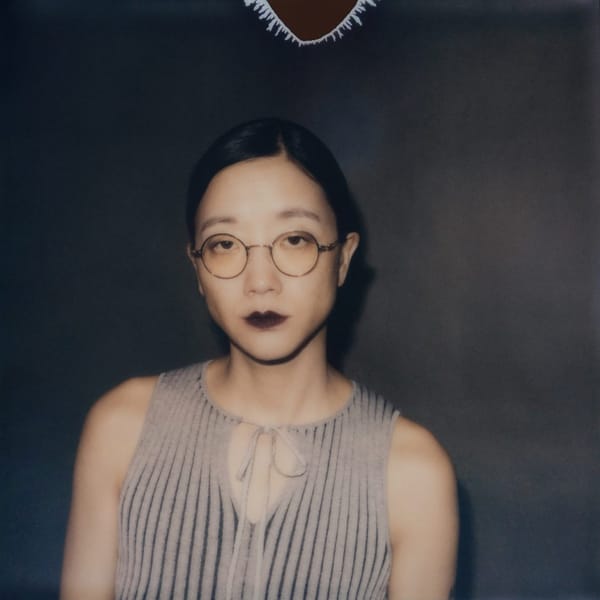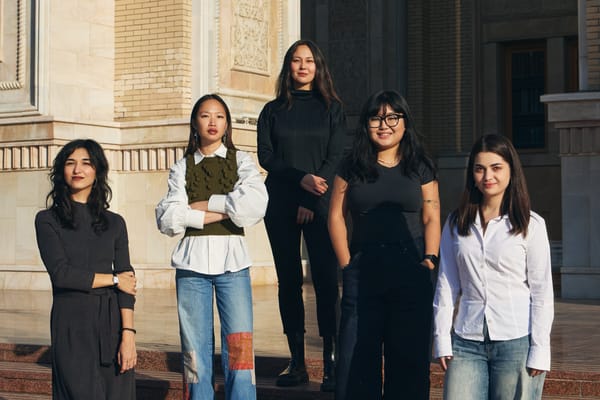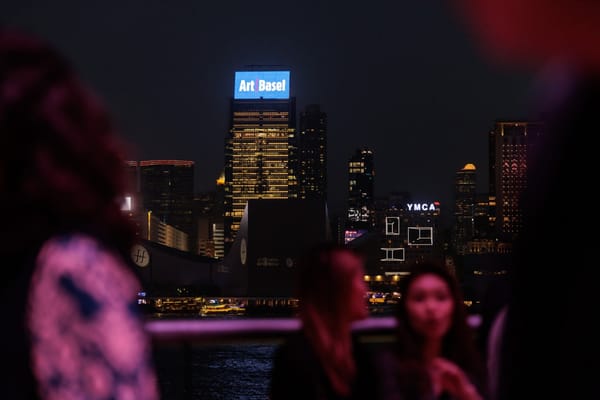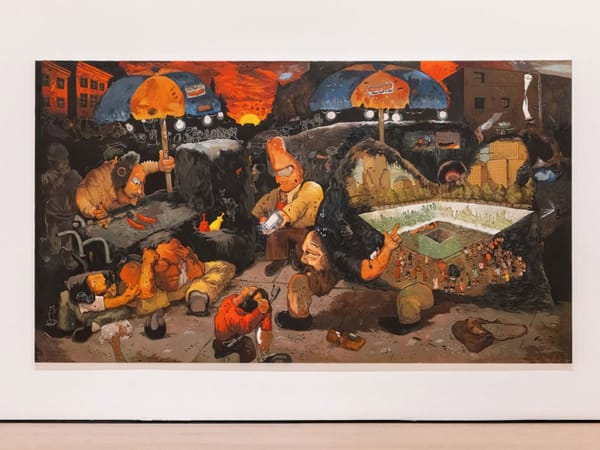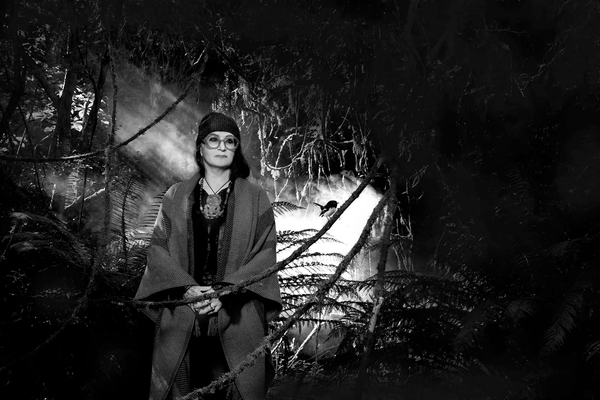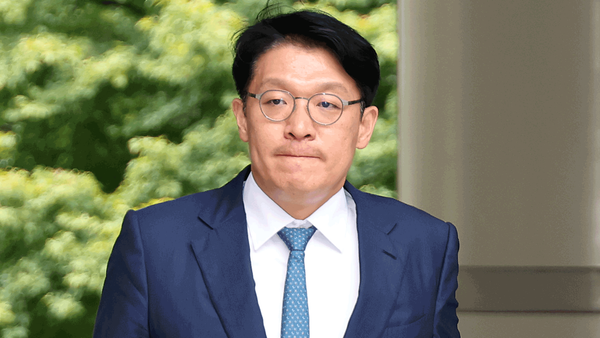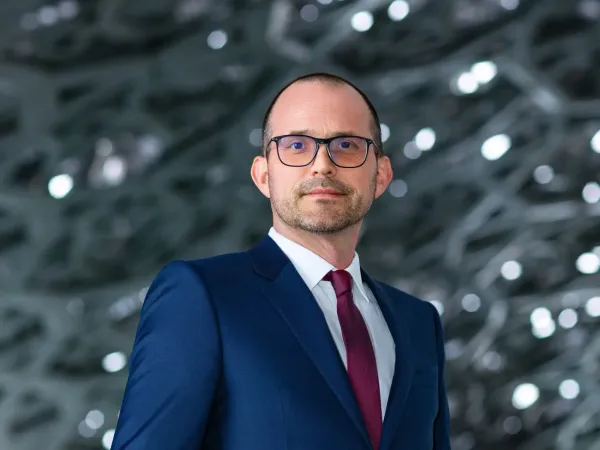News
UCCA Allegedly Withheld Wages for Six Months
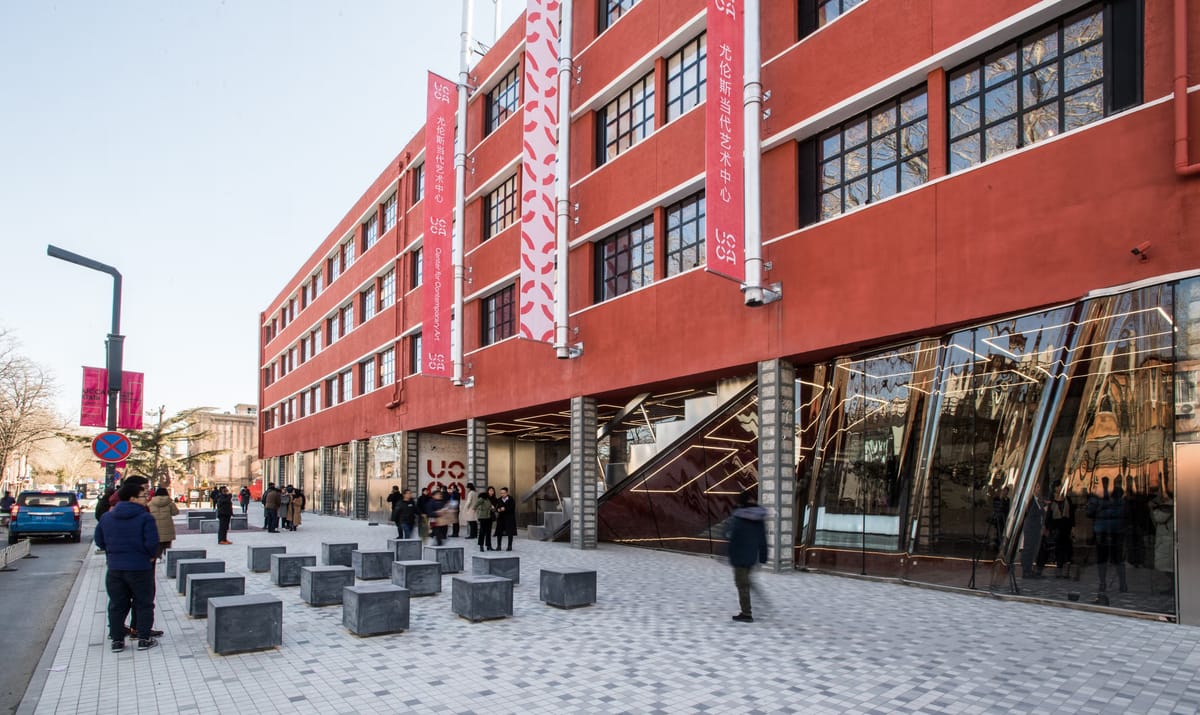
The UCCA Center for Contemporary Art, one of the oldest and most prominent non-profit contemporary art institutions in China, reportedly withheld employee wages for six months due to financial difficulties.
Founded in 2007 in Beijing’s 798 Art District by the late Belgian collectors Guy and Myriam Ullens, the UCCA cemented its place in the international art world for its rigorous exhibition programming. With support from private investors, the institution, headquartered in Beijing, expanded to Beidaihe (2018), Shanghai (2021), and Yixing (2024). Following Myriam Ullens’ death in 2023, Guy Ullens passed away in April this year.
On July 28, the South China Morning Post (SCMP) reported that most UCCA employees had not received full wages from January to June. Furthermore, staff stated that there had been “no activity at UCCA Edge in Shanghai since the June closing of an exhibition co-presented with the Saudi Ministry of Culture.”
Staff said that delayed payments are now being distributed gradually. SCMP cites slowed ticket sales and rising international freight costs as challenges plaguing the institution, compounded by the state-owned landlord’s stricter enforcement of rental payment deadlines. Sources also reported difficulties in collecting outstanding payments from international exhibition partners.
In an email interview with SCMP, long-time UCCA director Philip Tinari acknowledged that “it has been a difficult year for museums throughout China.” He also noted that “as the consumer economy continues at a slower pace than before, individual visitors, supporters and sponsors are more careful with their resources than in the past,” but refused to comment on the specifics.
These pressures reflect wider issues in China’s private museum sector. The number of private museums in China surged throughout the 2010s, driven by real estate developers seeking government subsidies and wealthy collectors wanting to showcase their holdings. However, the sector has seen significant cutbacks and closures. This year, the Jupiter Museum of Art in Shenzhen announced it will shutter in June, followed by Qingdao’s TAG Art Museum in July.
According to SCMP, staff from China’s private art museums attributed this broader pullback to tightened corporate funding, declining visitor numbers and revenue, and increased operational costs.
Sanle Yan is an editorial intern at ArtAsiaPacific.
